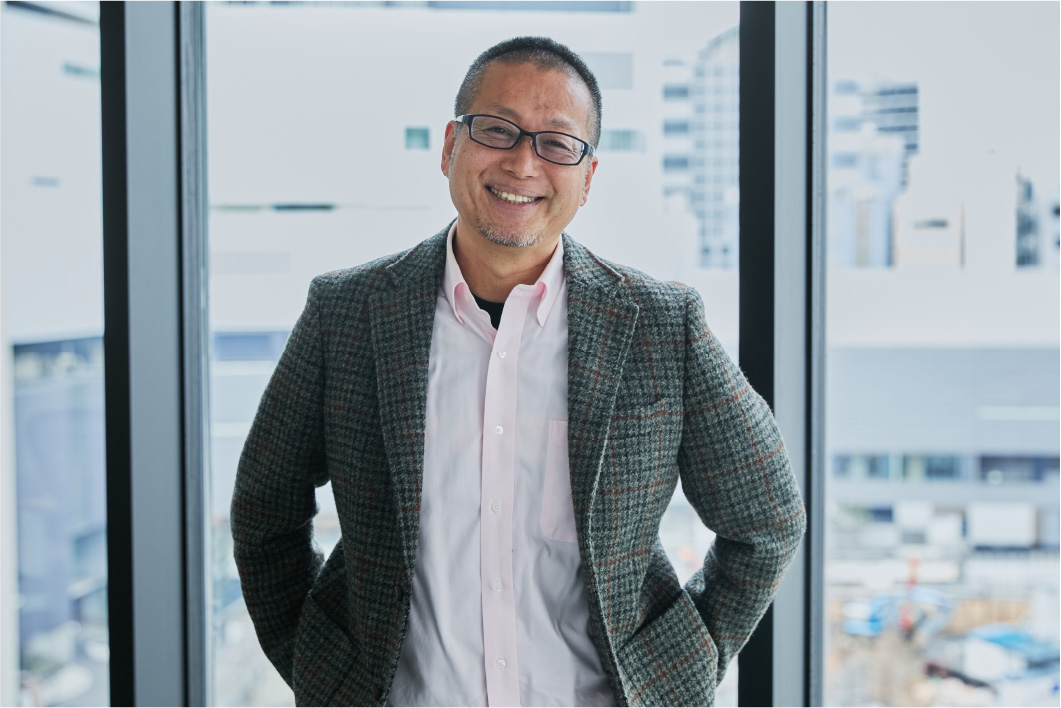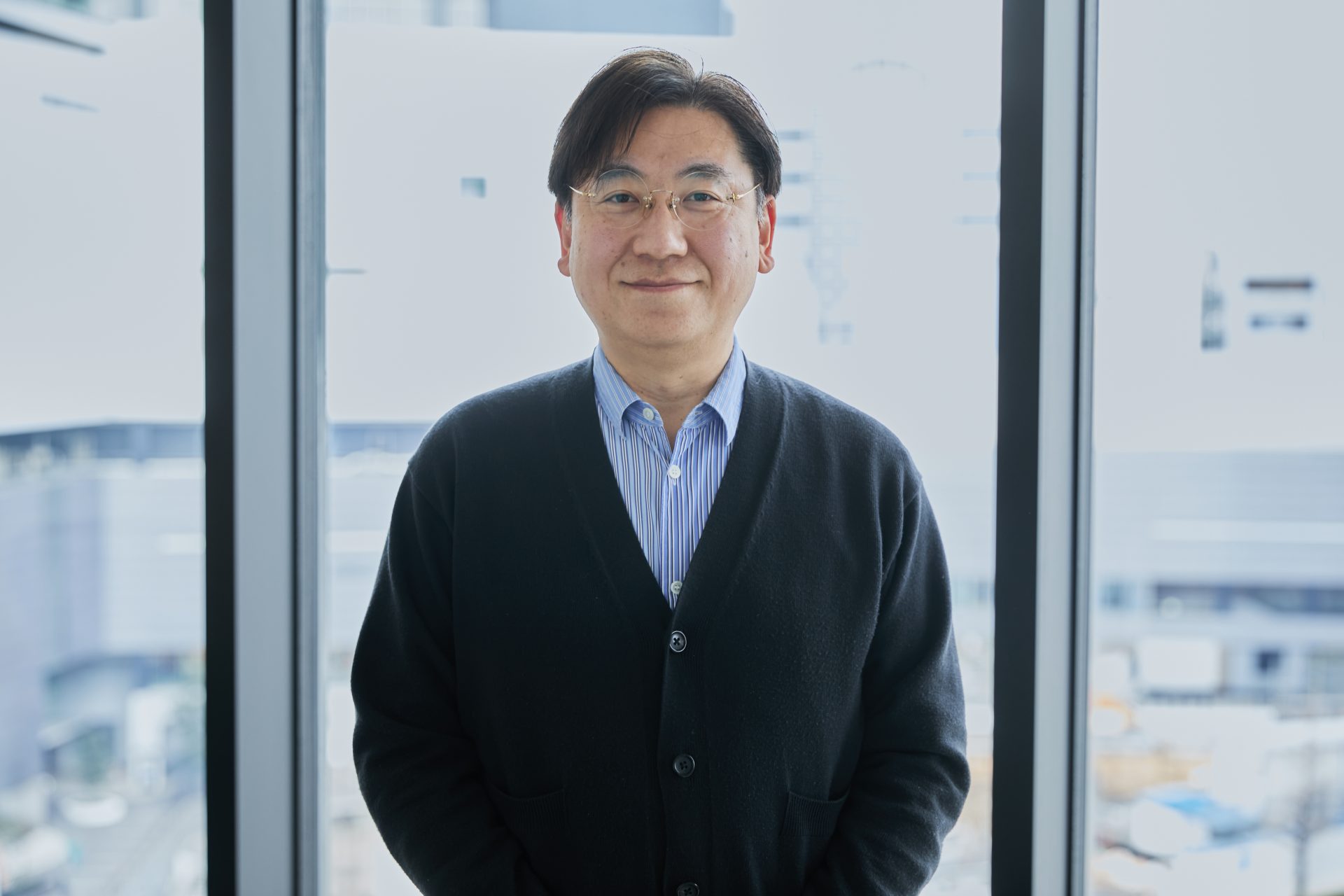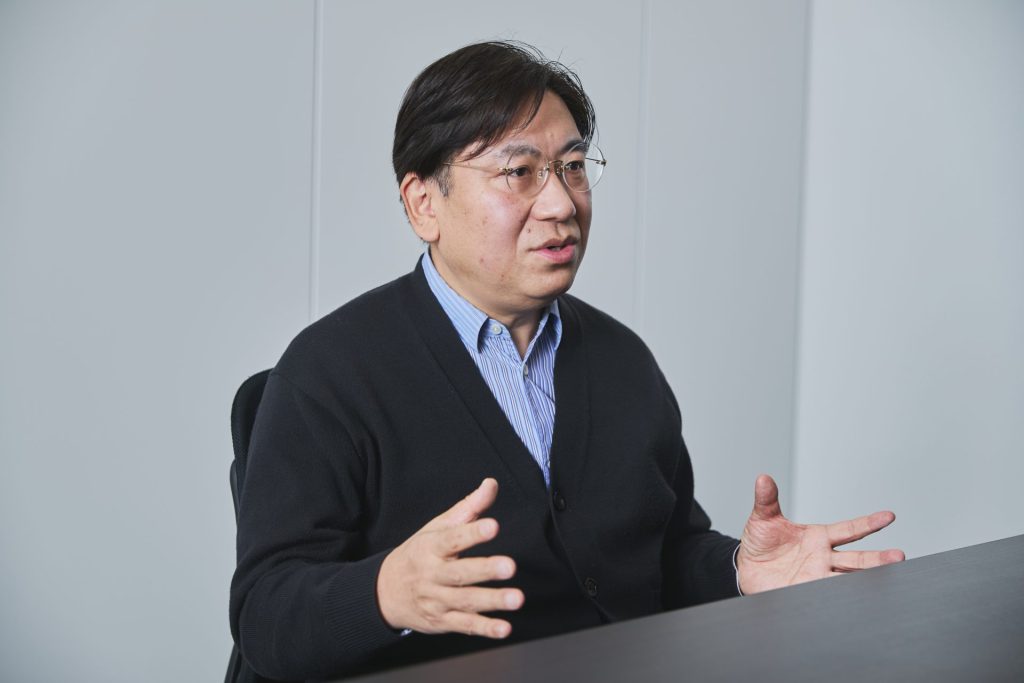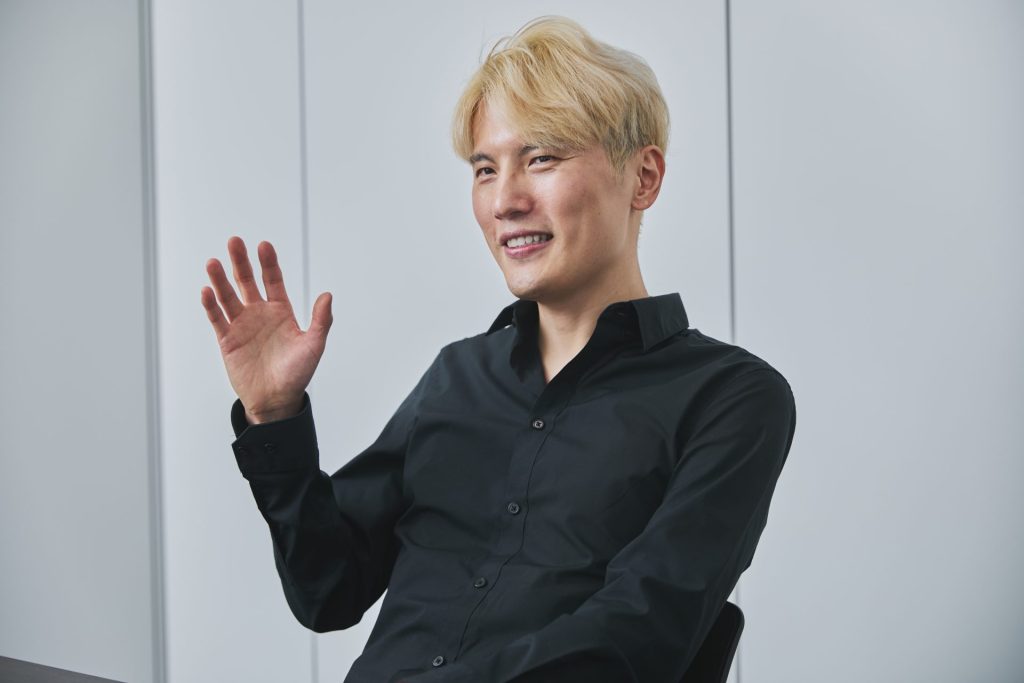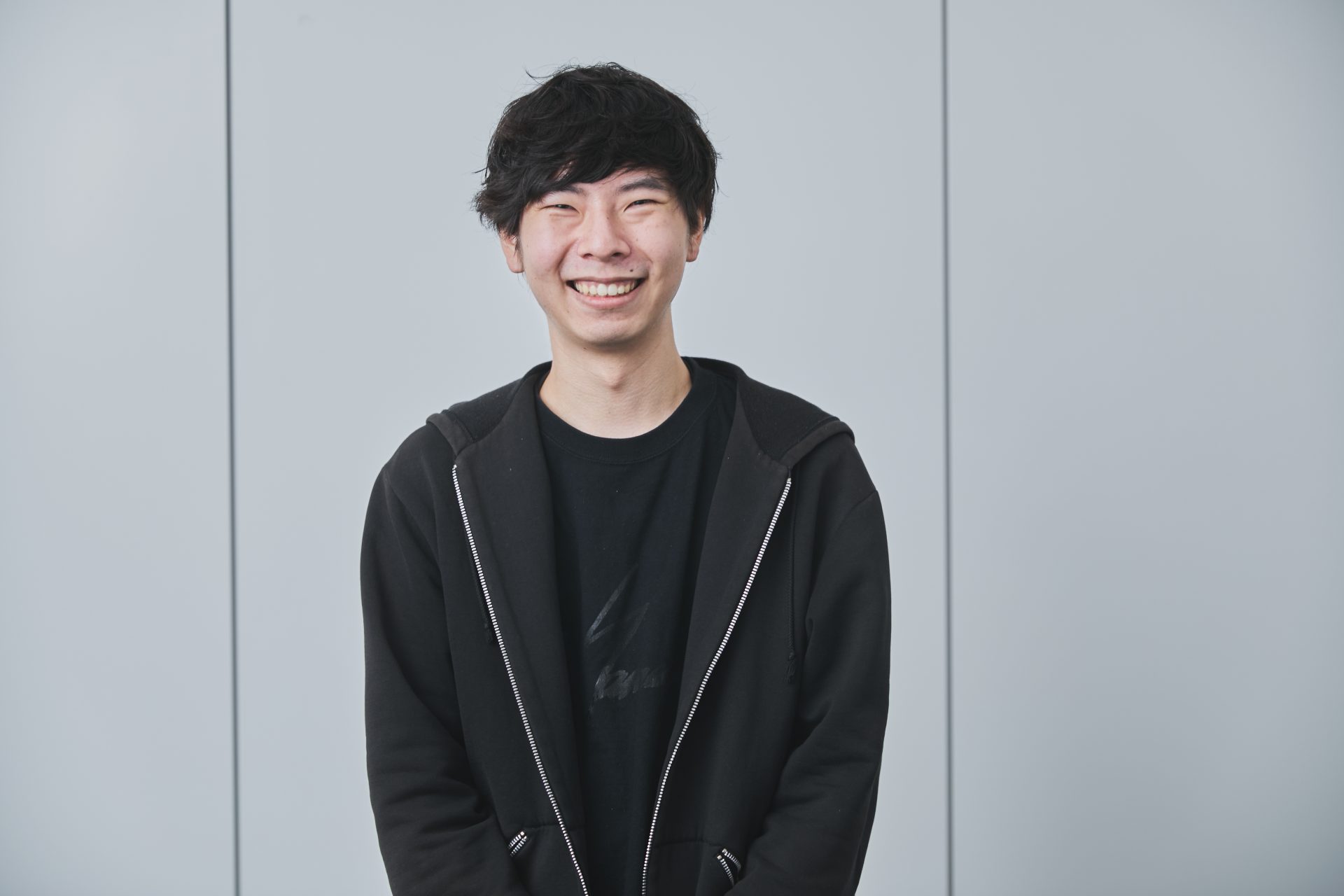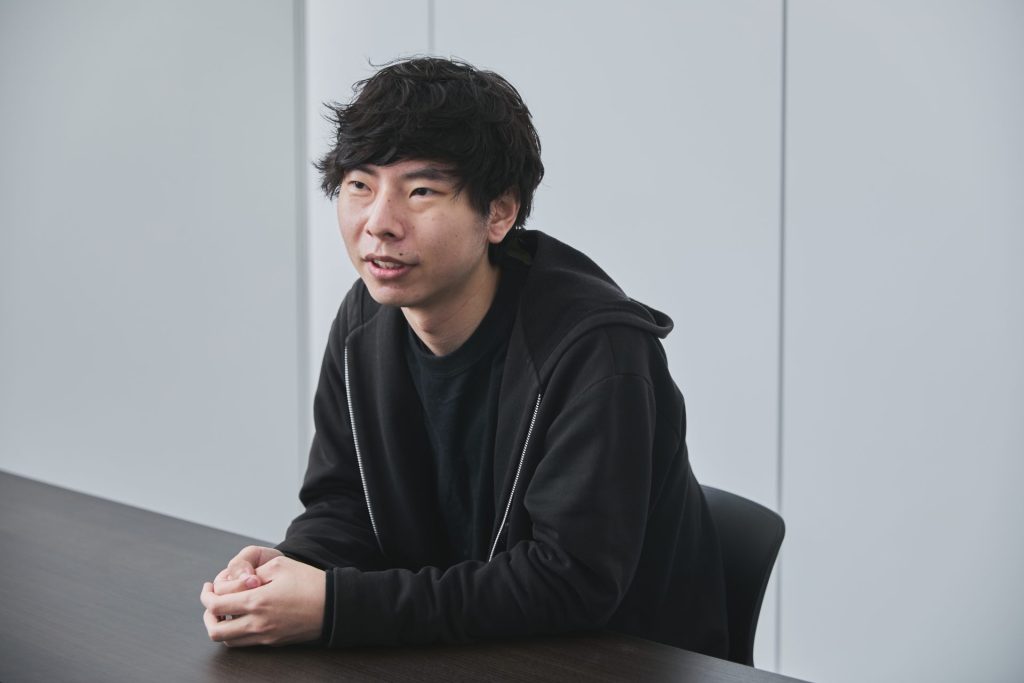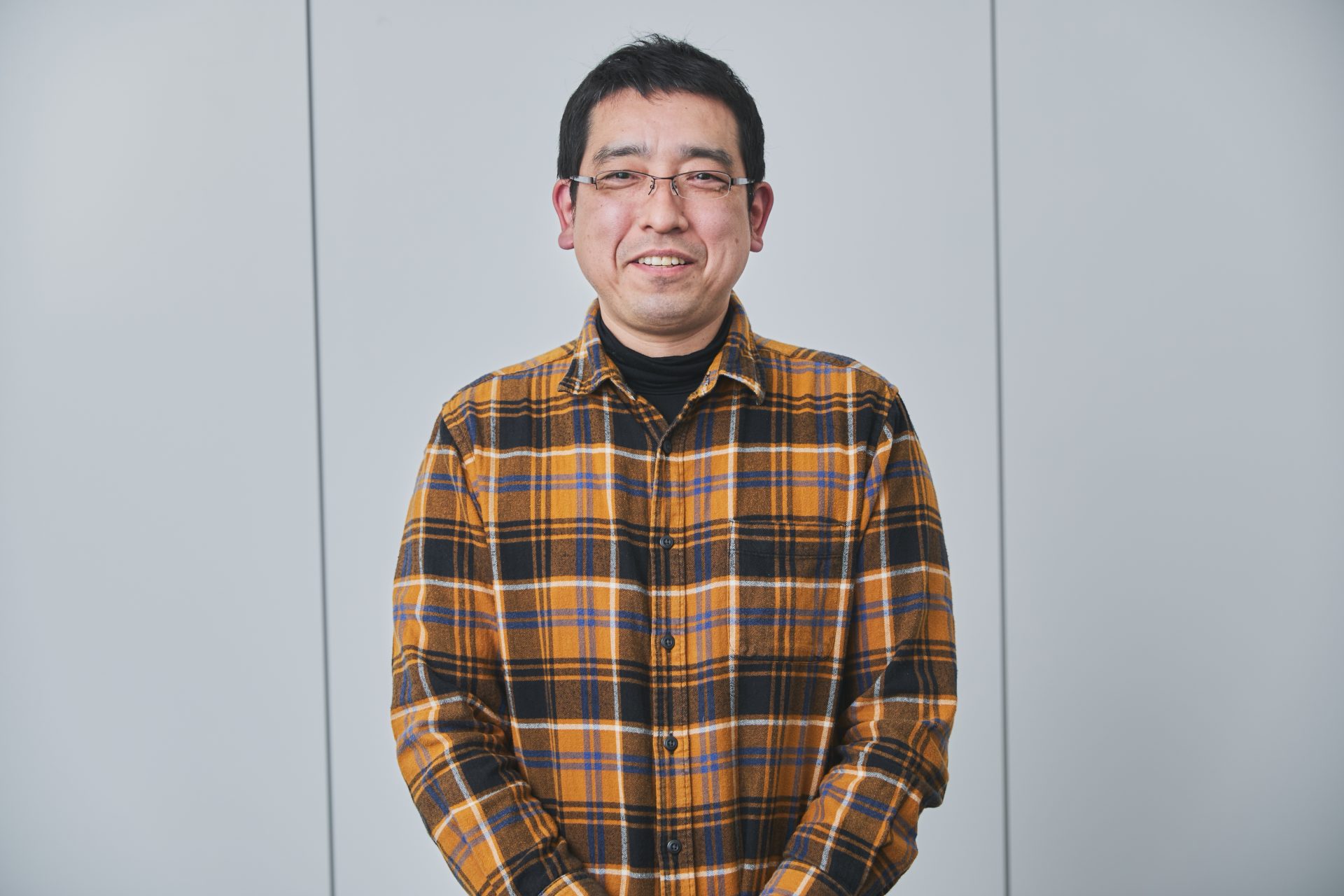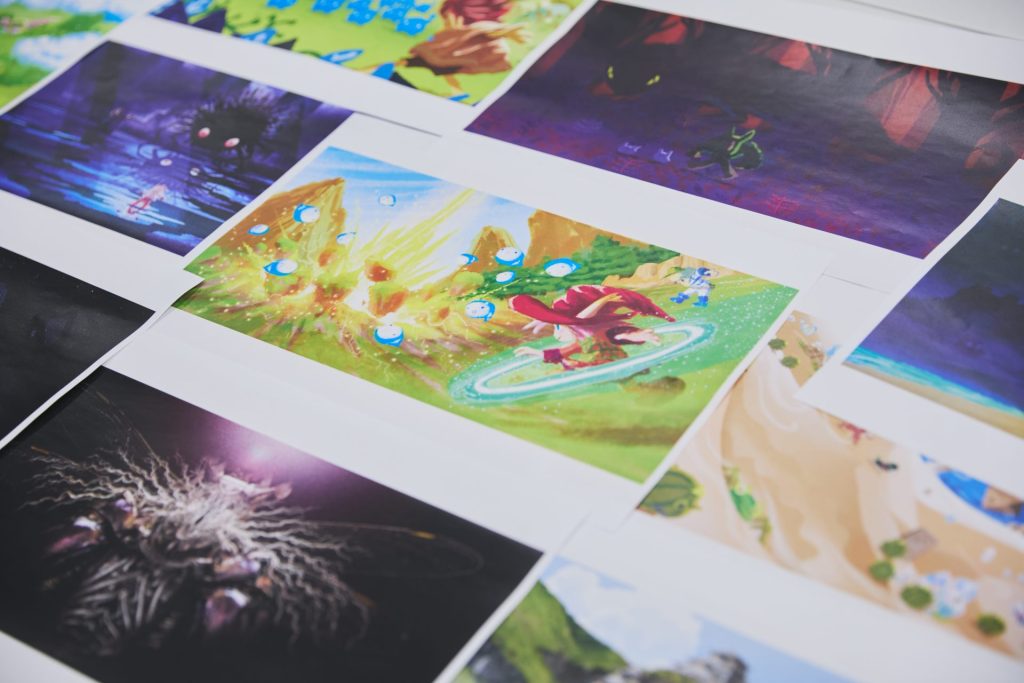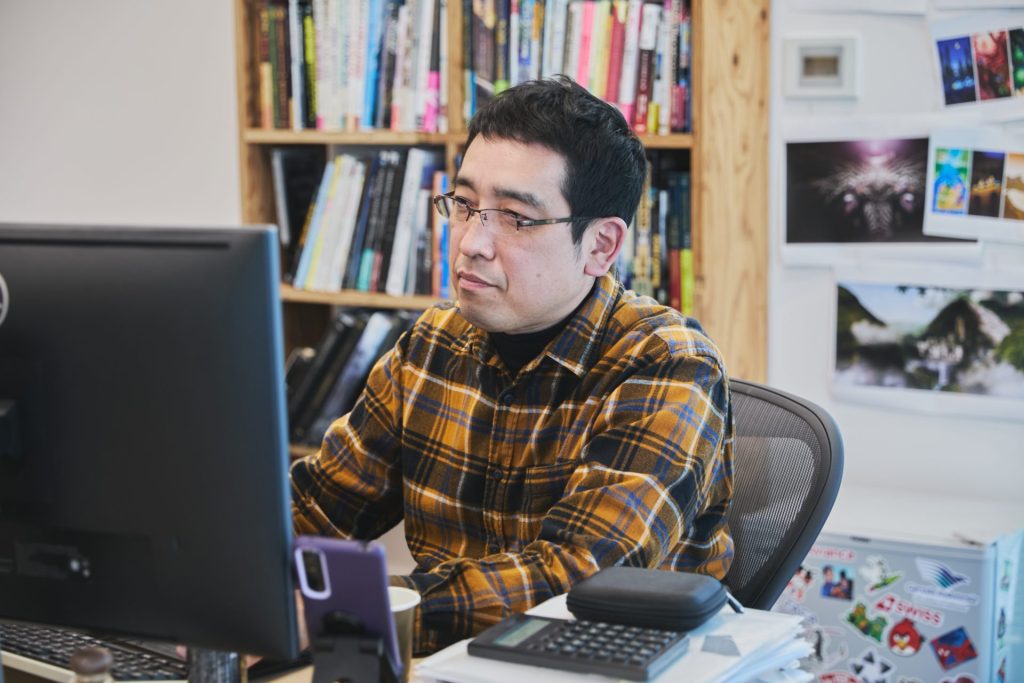In work, and in games,
a playful spirit deserves some leeway

It’s intuitive, so you can enjoy it no matter how many times—
That’s the kind of game I want to play and to make
At Deluxe Games, keywords like “interesting” and “fun” are often seen in our company messaging. So, what do these words mean in the first place? Since Deluxe is a company involved in game development, for us it comes down to the question of what an interesting game is. What kind of thing is it?
The truth is, it’s a matter of endless diversity. I think each person has their own definition of an interesting game. For me, an interesting game is one that is fun to play over and over again. It is natural for a game to be interesting the first time around, but I think it’s crucial to create a design that keeps the fun and enjoyment fresh no matter how many times it is repeated. And, ideally, there should be no tutorials. “Intuitive” is another way to say it. Even without getting information beforehand, you find that you can do it if you just kind of wing it, put your hands on it and try it out. A game like this can reach a wider range of users because it’s one that can be played worldwide.
“Playful spirit” is a term we often use at Deluxe Games. You have to make room for a playful spirit. To play with everything you’ve got, it’s no good to be too tense about it, and this is true with games as well. Games in which you have to complete a task, or you can’t make it through are like puzzles. I think it makes things more interesting if users can think up their own approaches to playing, like whether to pay, to spend time on it, or to brush up their technique. Many pathways are available.
The game industry is still in a transition period. At one time, the market consisted almost entirely of stationary game consoles, but the evolution of PCs and the emergence of smartphones has led to a diversification of devices. The game platforms are changing in a variety of ways, and revenue options have proliferated into outright purchase, pay-as-you-go, and subscription models, plunging the market into a period of competitive turmoil. Amid this situation, I want Deluxe Games to be as flexible as possible. In order to continue producing games that we find interesting, I want us to keep from limiting our scope of activities, and from missing out on the full range of possibilities by thinking too rigidly.
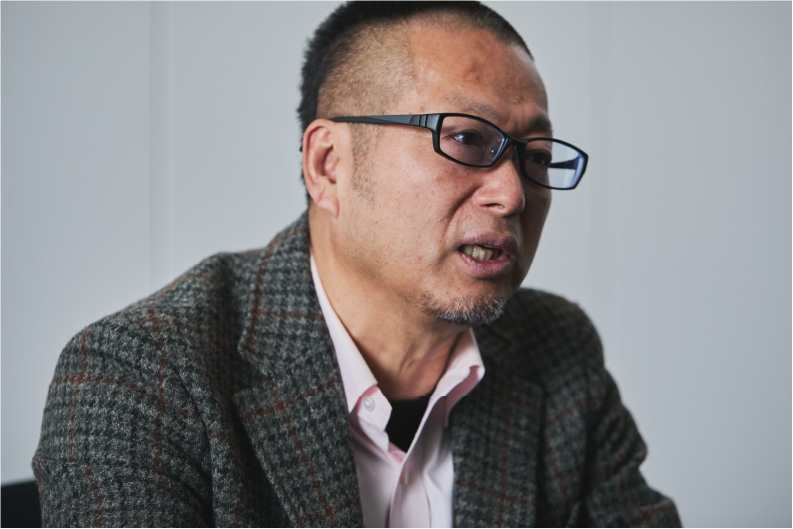
Monster Strike was like a home run for me,
but I also have a love for software created by overcoming struggles
I have been involved in a number of productions at Deluxe Games, but I’d say the most memorable would be Monster Strike and Kingdom Ran: The Road to Unification. Monster Strike has been one of the best games in my career history. It was like a home run for me. It’s been put on overseas markets and has sold better than I had expected. Kingdom Ran, meanwhile, was a hard slog. The fact is that Kingdom Ran is my favorite manga of all time, and I was more passionate about making it into a game than anyone else. But it was difficult to reconcile the ideas. And yet, making the game while overcoming those struggles was fun. As a game developer, I was excited by the desire to create something interesting, something that would provide surprise and joy to the fans of the original work by deftly negotiating the path between what can and cannot be done.
No matter what field you’re in,
the harder you work, the more experience you gain
In doing the work, what benefitted us most was the experience of finding ways to see it through when things weren’t working out well. That experience stays with the company and with the individual. Even if they leave and go to a different company, they will be recognized as someone who has worked hard to get to this point, and their technical skills have become more competent as well through those experiences. It’s the same in any profession: the more you struggle, the more experience you gain and the better you become at doing everything.
Personally, it makes me very happy that so many of our current staff are superb professionals whose thinking easily surpasses my own. I look at these people with their talent and stoicism, their whole-life devotion to making games, and I’m humbled. At times like that, I feel indescribably wonderful.
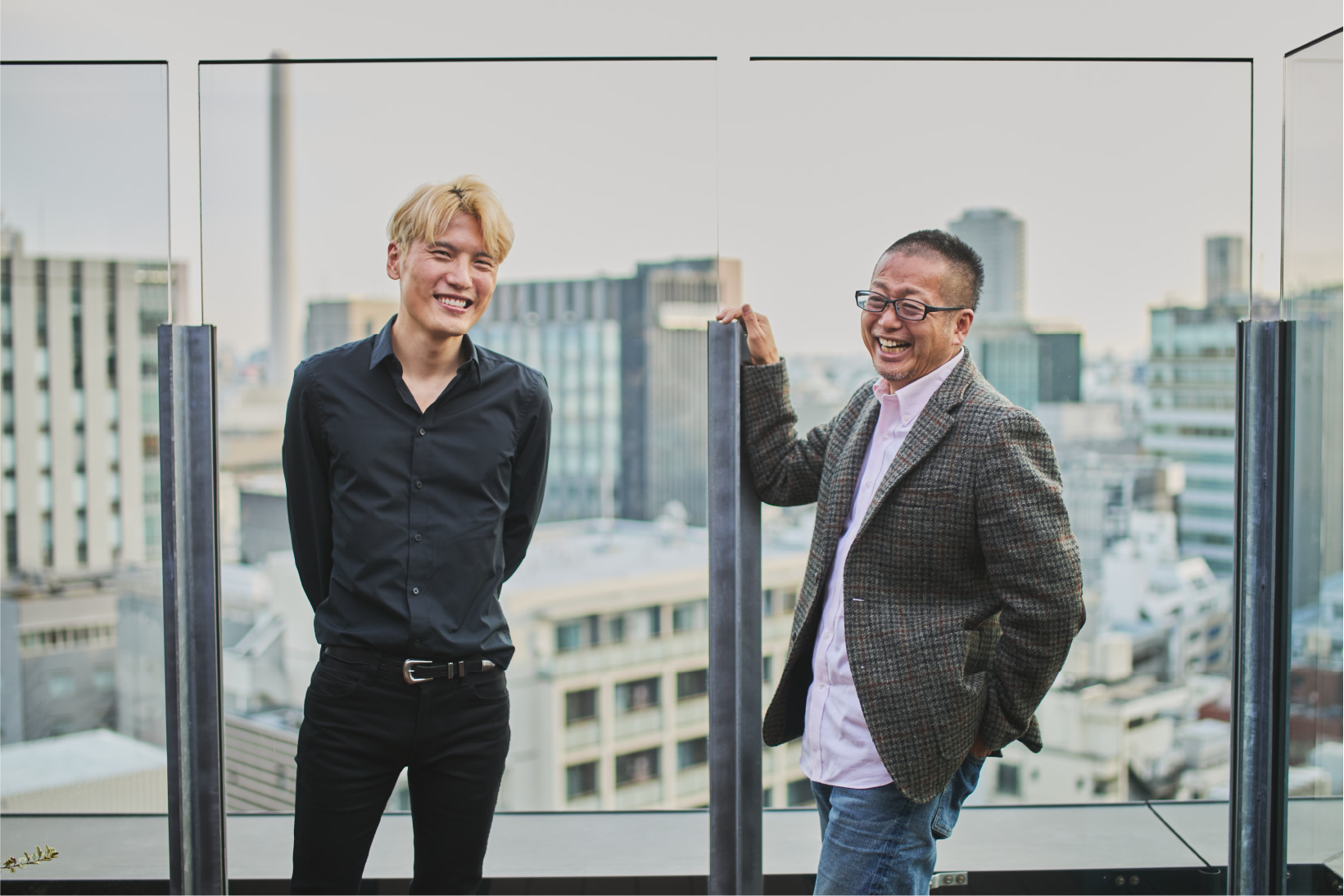
If you have just one quality that’s yours and yours alone,
then I want to work with you
We have two types of people at Deluxe Games. There are those who want to make games because they love them, and those with the ambition of creating a hit. And some of them may have both qualities. Creating a hit game takes a lot of studies, and I like people who have that kind of forward-thinking mindset.
There’s only one more thing I need. I want to work with people who are better than me. In expressing your own strengths, I want you to be able to say, “This is one area where no one can touch me.” It can be an area where you’re having difficulties now, but in which you’ll grow in the future. You don’t need an official title that says, like, “The Winner.” You might just excel at drawing, at programming, or at physics engine work. It’s OK to limit the frame in that way. If you have some area in which you excel, it shows that you have the high level of motivation it takes to get there. And if you are aware of your strengths, you can rest assured that there’s a place for you in this company. I’m still eager to learn, and until the day I retire, I consider this a learning experience. There may be times when we think we have done it all, but tomorrow will always bring new changes as the world around us evolves. I hope we can inspire each other to constantly outdo ourselves and set new personal records.
